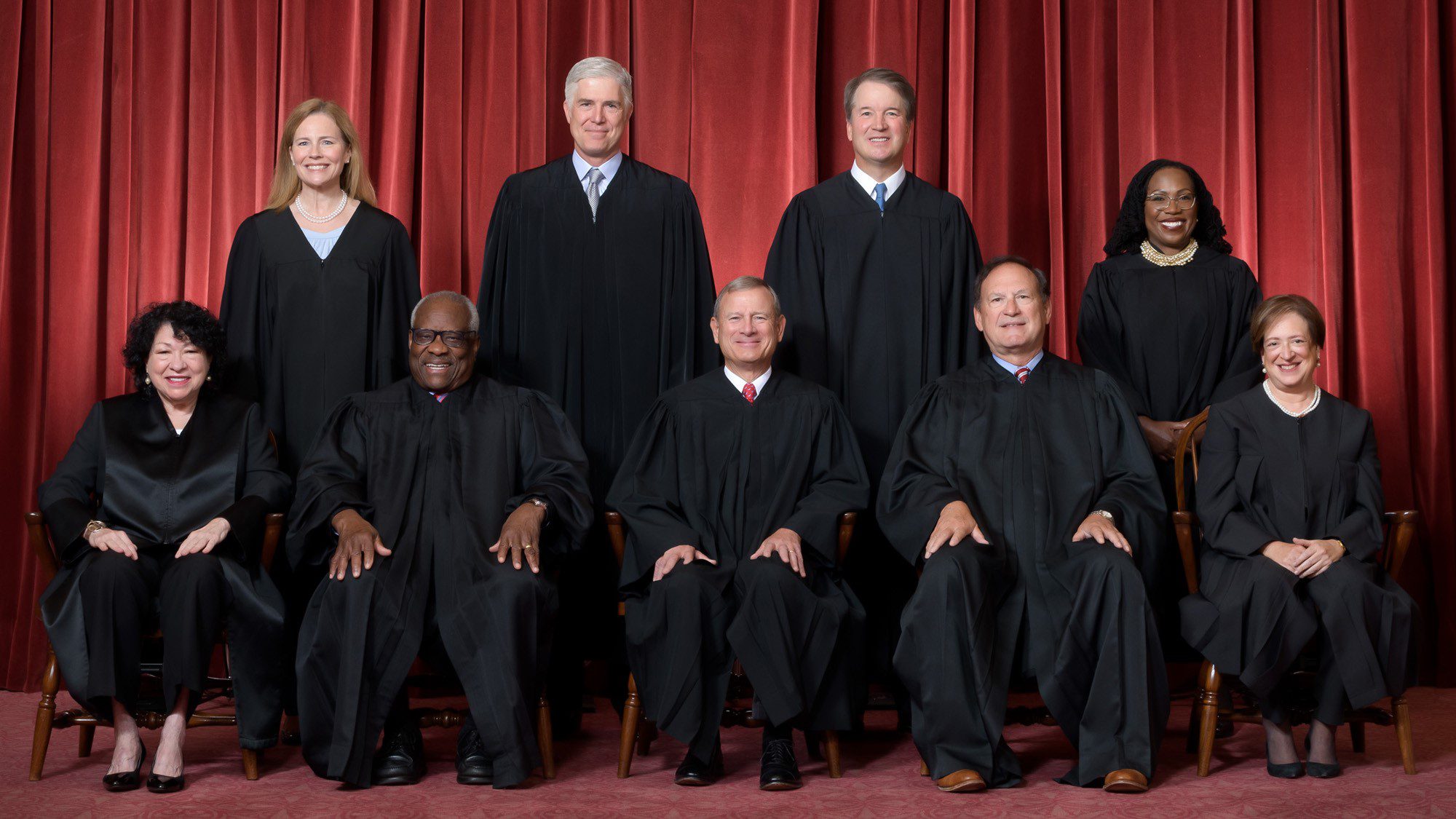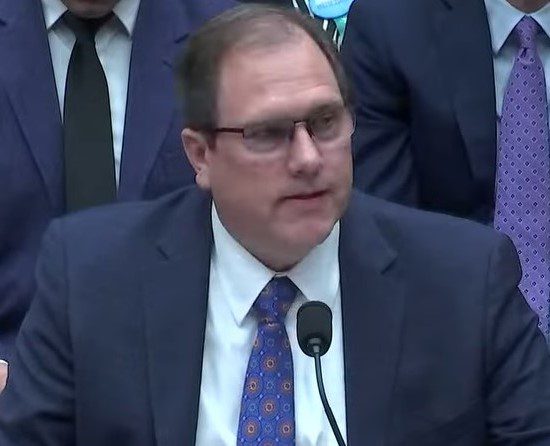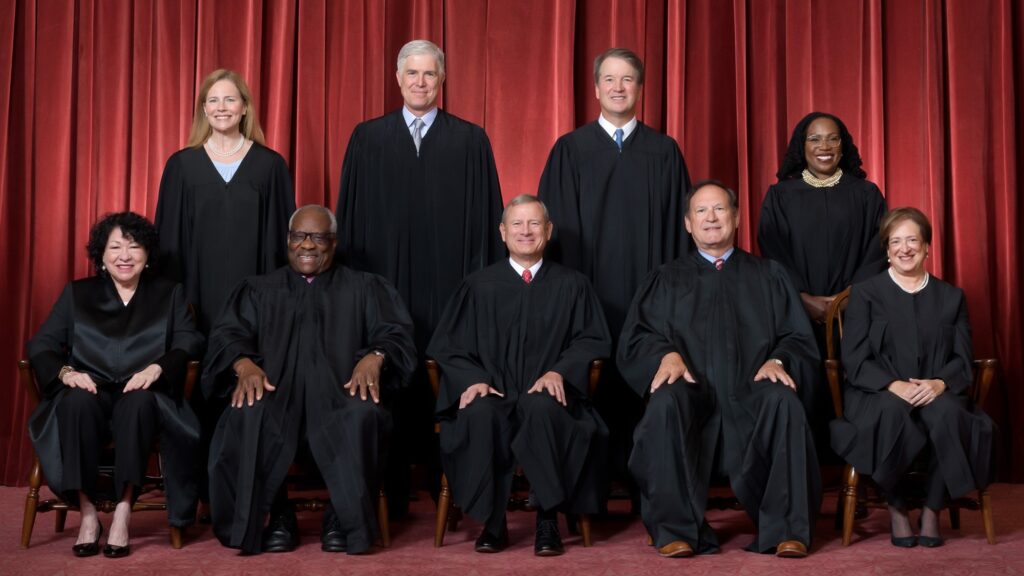Supreme Court Takes Extra Time to Scrutinize USF Constitutionality
Randy Sukow
|

It was to be one hour of Wednesday morning oral arguments about the FCC’s Universal Service Fund (USF) program, considering whether Congress delegated too much of its authority when it created the program in the Telecommunications Act of 1996. Instead, U.S. Supreme Court justices spent more than two and a half hours peppering attorneys with questions about the nature of USF, whether the statute fails to set limits on the amount of funding it can collect and whether those fees are, in fact, taxes on the American public that Congress never debated.
“At its heart, this case is about taxation without representation. Every year, Americans pay billions for the Universal Service Fund. The rate has increased 10-fold, and the rate is now 20 times the size of the FCC’s entire annual budget,” said R. Trent McCotter, attorney representing Consumers’ Research.
Last summer, Consumers Research, a nonprofit advocacy group, won a decision in the U.S. Court of Appeals for the Fifth Circuit in New Orleans, finding that the USF contribution system was unconstitutional because Congress violated the non-delegation doctrine by ceding too much of its taxation authority to the FCC. The Commission then delegated USF management to a private third party, the Universal Service Administrative Co. (USAC).
During oral arguments, McCotter also claimed that Section 254 of the 1996 Telecom Act places no limit on the amount the Commission could collect in fees, which currently total about $9 billion annually. The act specifies that telecommunications carriers must pay a percentage of their interstate revenues into the fund. The contribution rate is currently more than a third of those revenues. Carriers then pass that expense on to consumers.
“Section 254 is no delegation running riots,” said the Trump Administration’s Acting Solicitor General Sarah Harris, who defended the current USF. She offered a lengthy list of provisions in the law that show Congress instructed the FCC how to collect fees, how to spend the revenue and retained for itself adequate oversight of the program.
“Congress enacted 254 against the backdrop of a half century history, where the FCC advanced universal service through rate subsidies. That delegation leaves key policy choices to Congress and is definite and precise enough for courts to tell if FCC followed Congress’s limits,” Harris said.
During questioning, Justice Neil Gorsuch said his belief that the universal service contribution system “is so clearly a tax.” But he was open to arguments that the system was constitutional regardless of whether it was a tax or a fee. Harris referred repeatedly to case law, especially the 1989 case Skinner v. Mid-America Pipeline Co., where the court has approved similar revenue-collecting systems established by federal agencies.
In the end, Harris said the government is prepared to accept USF collections are taxes because fees and taxes are interchangeable in the context of the non-delegation doctrine. Both are Article I congressional powers.
McCotter said USF charges are taxes but claimed that the Consumers Research case holds up either way. He emphasized the need for a cap on spending and that, in theory, the FCC had authority to collect unlimited amounts for any purpose.
For example, Gorsuch asked, “How about everybody gets a Starlink account?”
Harris: “I’m not saying everybody in America is getting a Starlink account.”
Gorsuch: “Sounds like it. That’s a pretty good deal. I’d like one.”
But other justices said there are ample limitations built into Section 254. “This statute has plenty in it that imposes limits on what the FCC is doing,” said Justice Elena Kagan. “The agency can raise money enough, but no more, to satisfy a pretty clear mandate. It can provide basic services; those services needed for health and safety, education, and services for people in low income in rural areas.”

Along with the Trump Administration, several organizations with rural interests argued in favor of USF during oral arguments in the preceding weeks, including NTCA – The Rural Broadband Association, USTelecom and the Competitive Carriers Association. NRTC member Greg Hale, CEO, LTC Connect, Auburn, KY, testified on behalf of NTCA before the House Communications and Technology Subcommittee about USF’s importance earlier this month.
“It is essential to not lose sight of the fundamental and essential mission of universal service – which is not just getting customers connected but keeping them connected,” Hale said in his written testimony. “We must focus on the ultimate mission of not just building networks but having Americans use robust, reliable, and affordable networks to participate in today’s and tomorrow’s digital eras.”

